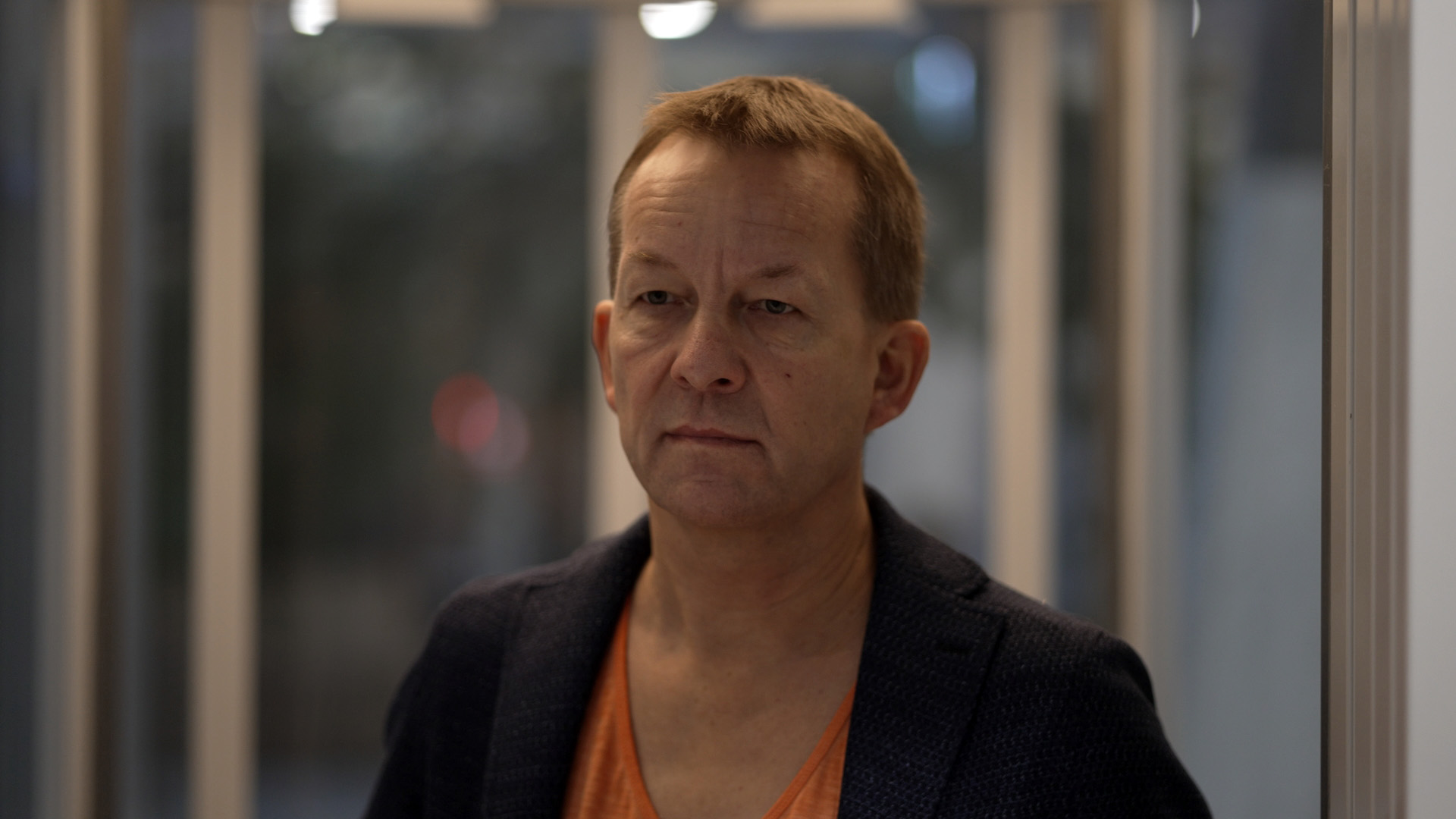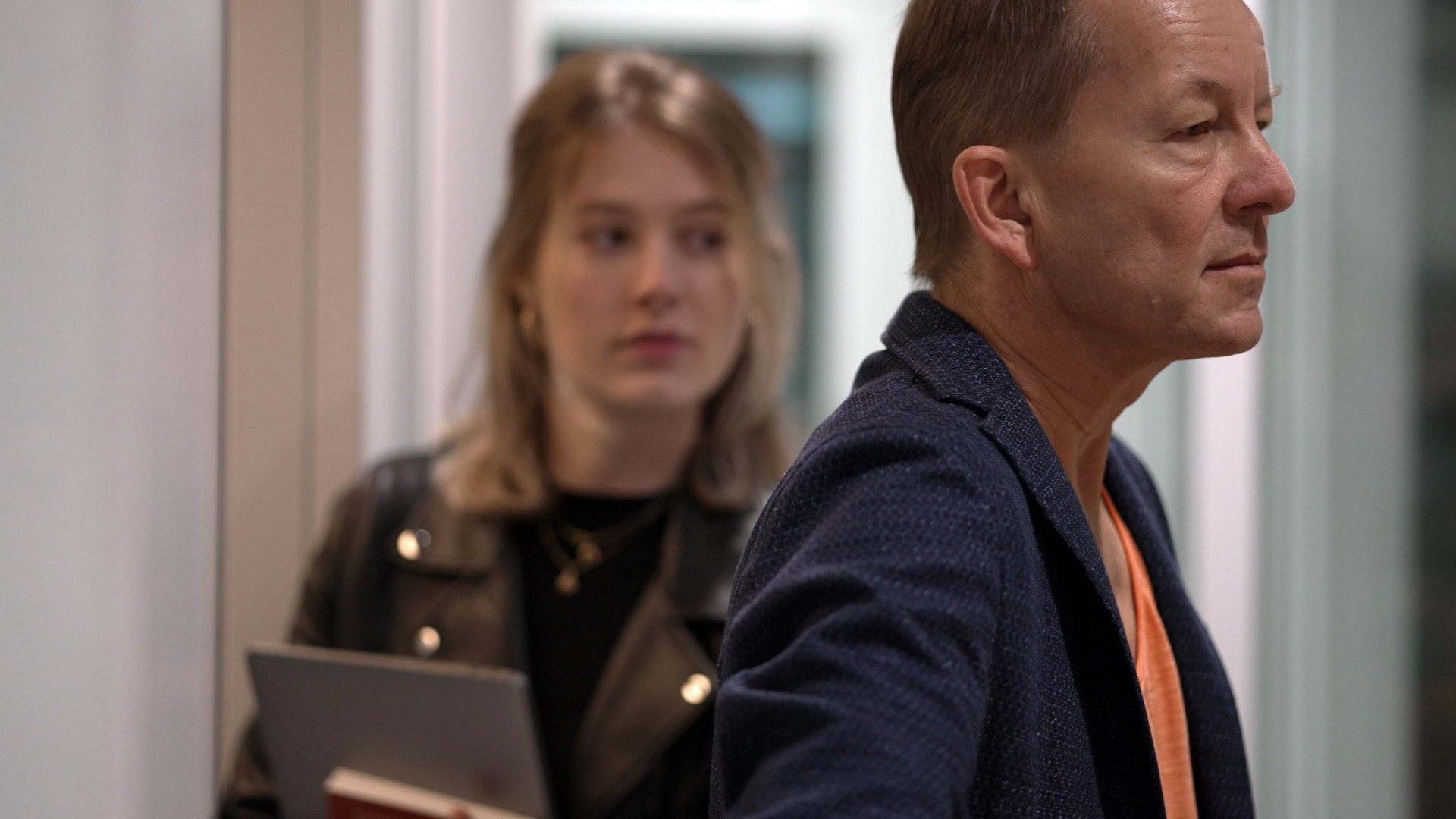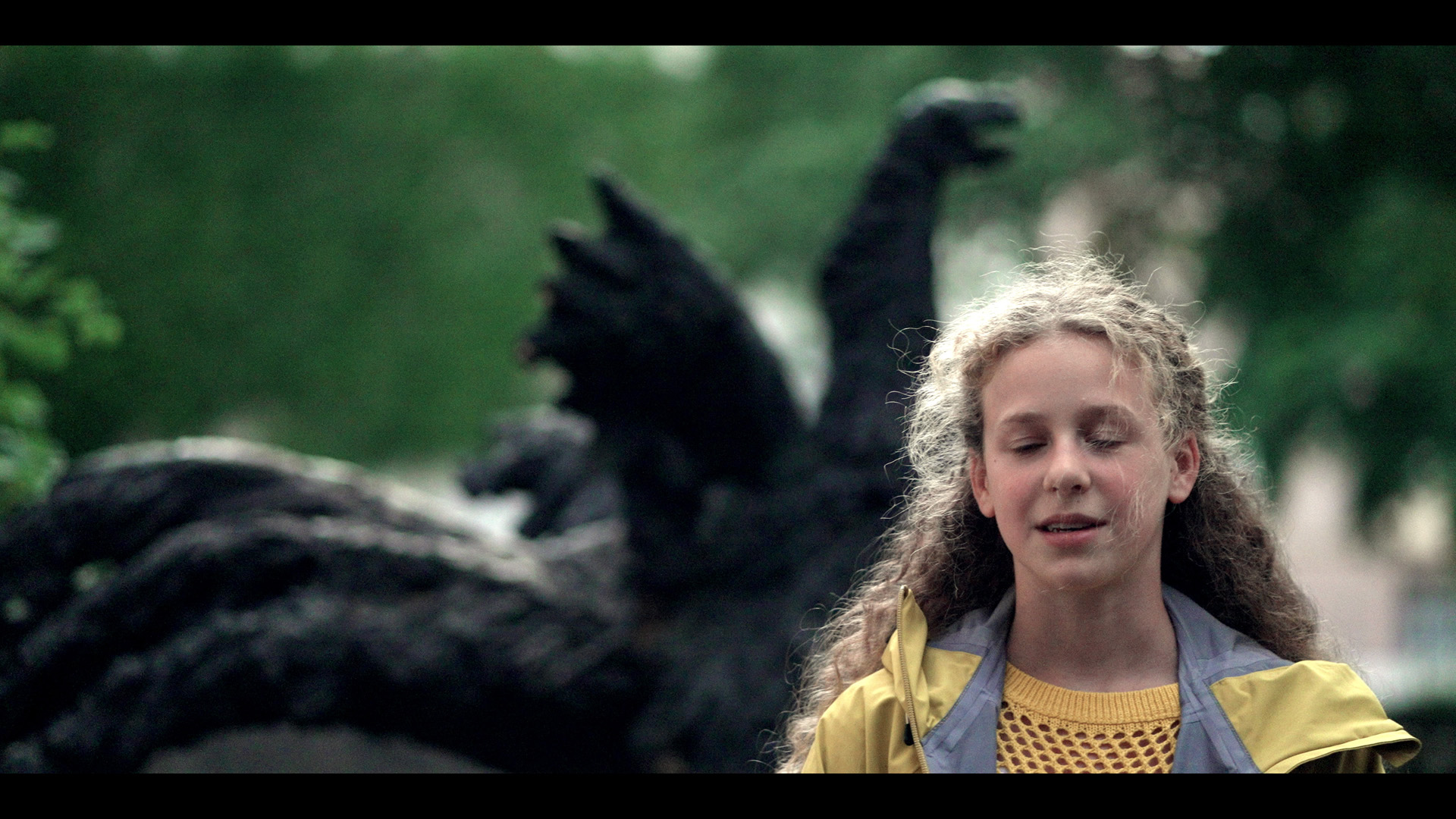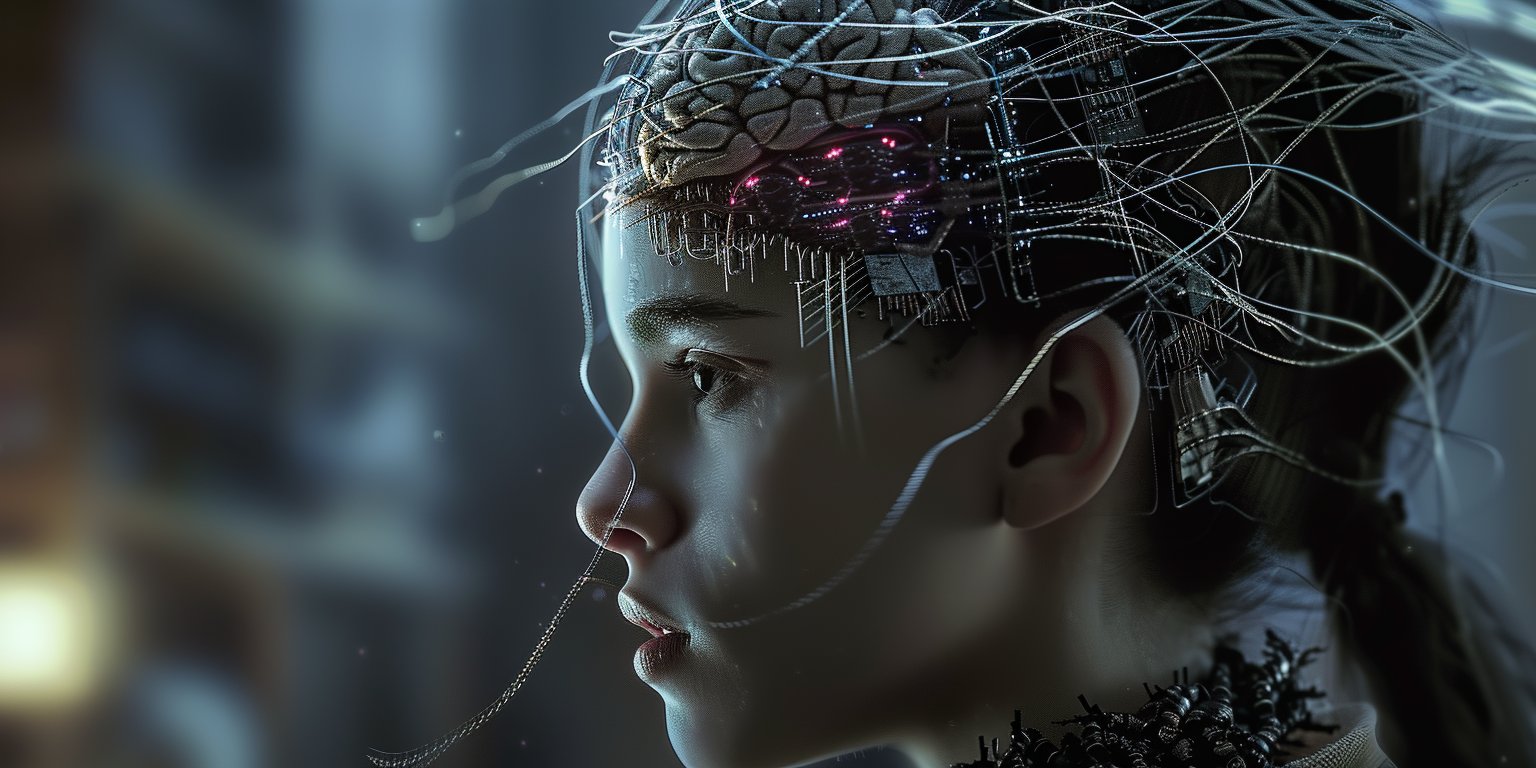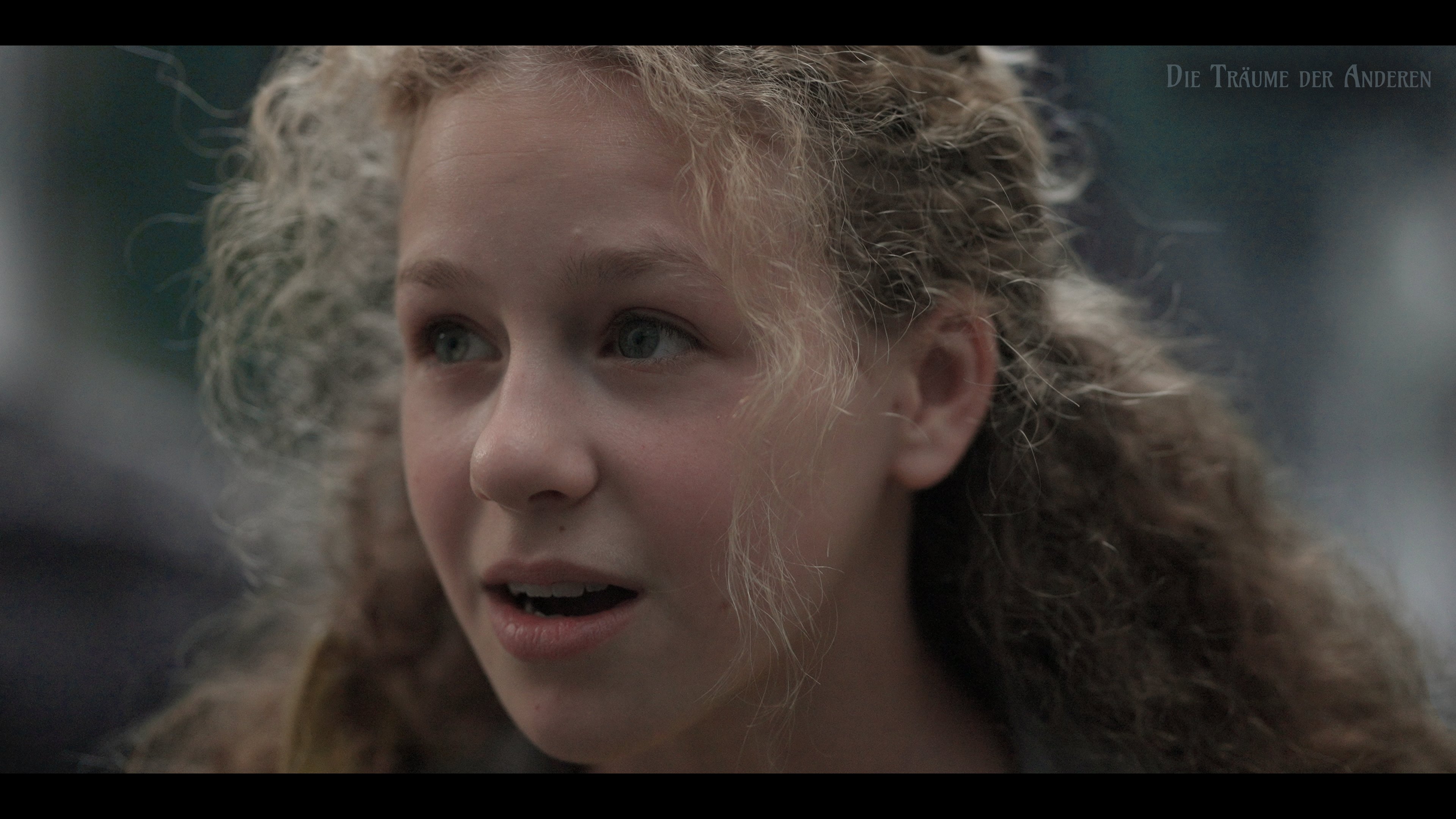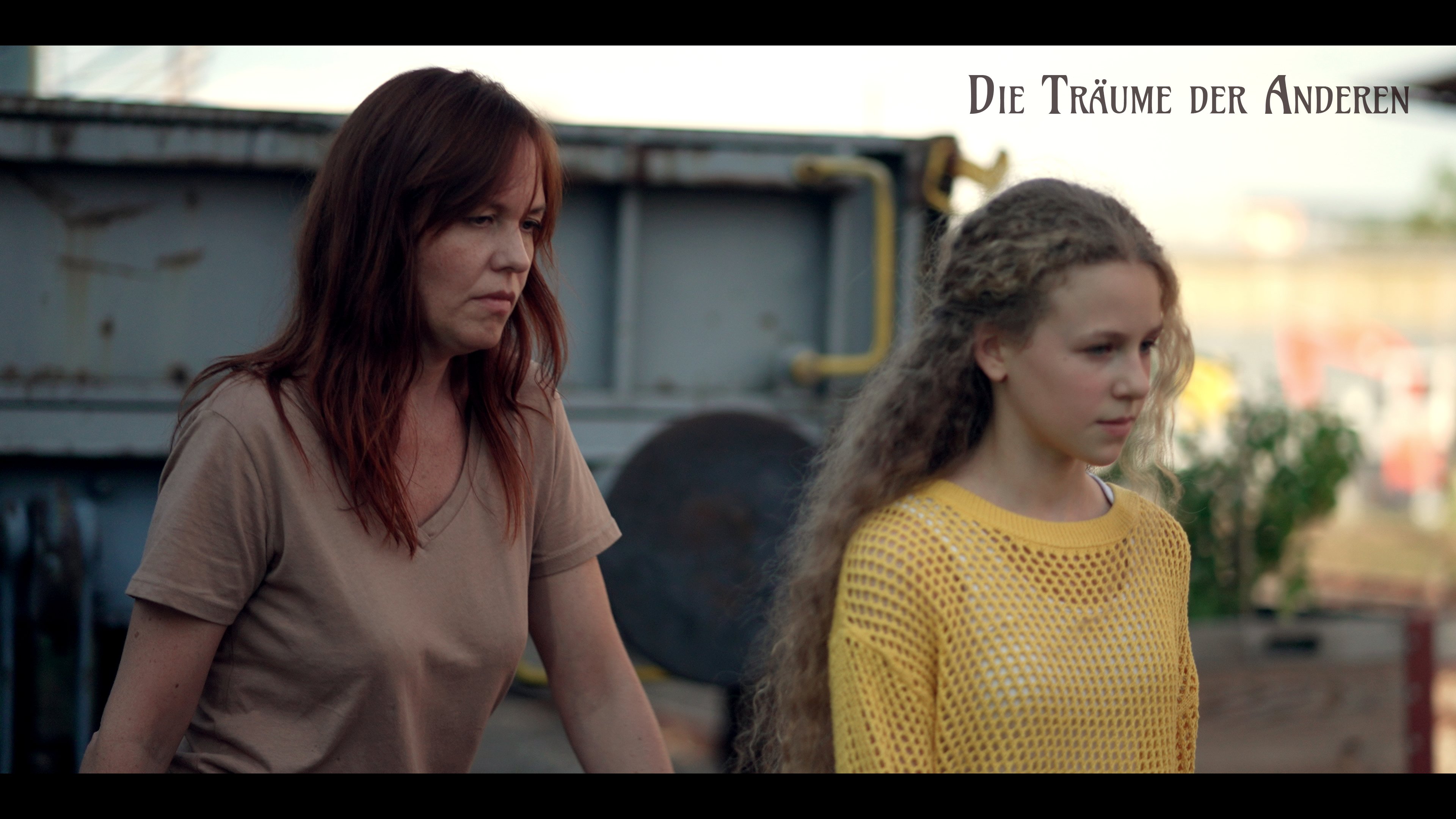JURGEN BIENSTOCK
A children's psychiatrist burdened by a controversial decision, he implanted a false memory in young Maja to shift her guilt over her mother's death.
His approach to stopping a trauma highlights his intellectual curiosity, constantly pushing the boundaries of conventional therapy.
Therapy-Induced False Memories
Have I buried too much in altering Maja's memory?
In my work, especially in the case of young Maja, I’ve seen how malleable memory can be. Maja was burdened with intense trauma from her mother's tragic death, profoundly affecting her life. Her father and I felt it was necessary to alleviate this trauma. Using the principles of memory implantation, as researched by experts like Elizabeth Loftus, we decided to implant a false memory. This was done not just to relieve her of the crippling guilt and pain but also to allow her a chance at a normal, healthy life, free from the shadows of that trauma.
Trauma Replay
As a psychiatrist, I've always adhered to the principles of my practice, but this case pushed the boundaries. The girl was suffering from acute stress reaction, her mind replaying the trauma in a relentless loop. It was clear: her path to recovery was impeded by an overwhelming guilt complex, a belief that she was responsible for her mother's death.
The Ethics are Murky
So I intervened, not through the usual channels of cognitive behavioral therapy or pharmacotherapy, but by altering the narrative of her memory. The ethics of this are murky – in the realm of psychiatric practice, such a step is unprecedented, experimental.
Now, the girl shows signs of post-traumatic growth, a resilience that wasn't there before. But it's a recovery built on a foundation I've fabricated. In each session, as we discuss her progress, I'm acutely aware of the hippocampal manipulation at play, the delicate neural pathways I've rerouted to shield her from the harrowing truth.
I keep pondering the possible long-term effects of this memory alteration. What if the amygdala, the seat of emotional processing, triggers a resurgence of the unaltered memory? The possibility of a delayed stress response looms over our interactions, a shadow that could undo all the progress we've made.
Questions linger, clinical and cold.
Her father remains oblivious to the specifics of my methods, trusting in the clinical facade I present. But within me, there's a growing disquiet.
In my pursuit to heal, have I overstepped, ventured into a realm of ethical ambiguity that goes against the Hippocratic oath?
